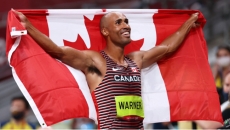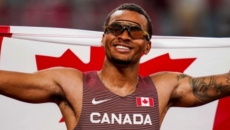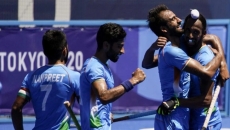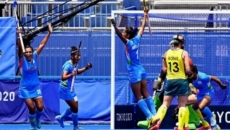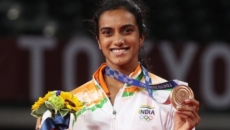The mainstream sports world is filled with fame, glamor, and allure. There is no denying that persistence, hard work, and discipline are fundamental to success in the sports realm. That said, the success can sometimes come at a cost, as many controversies and disputes lace the sports industry. Moreover, it seems that issues can sometimes remain suppressed, not getting the attention they deserve.
Consider the recent stepping down of Stan Bowman, the Chicago Blackhawks General Manager. The executive stepped down following an investigation regarding a 2010 sexual assault allegation made by Kyle Beach against former assistant coach, Brad Aldrich. While the organization has reiterated "deepest apologies" for its failure to promptly respond in 2010, justice delayed is justice denied. With such news gracing the headlines, the fate of our youth in our community sports organizations comes to mind.
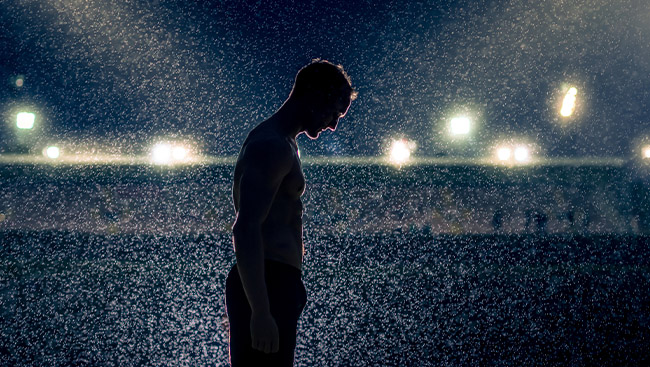
Youth and children spend most of their time in schools, where many develop their love sports. Schools are also a common place for issues to come up, bringing up the need for solid conflict resolution processes. North Delta Secondary’s Senior Boys Basketball and Soccer Coach, Gary Sandhu, shares that mental health and conflict resolution, especially at the high school sports level, is all coach dependent. If a coach is comfortable touching upon these topics, conversations will happen, as many schools do not have consistent coaches or established programs anymore. Schools rely on early career teachers to be coaches of school sports. These teacher-coaches are usually putting in considerable time prepping lessons, and volunteering in other aspects of the school community, in addition to coaching a team.
“From what I have experienced, teacher-coaches care about kids, and they are always doing the best they can for our young athletes. If a player on my team needs something or is having a financial, person or mental health issue, I would help in any way I can. If a harassment-related issue came to my attention, as a teacher, I feel that I have a duty to protect the student and to make sure that the student feels they have a trustable coach. At the end of the day, I’m there to provide guidance and trust, and to teach.”, expresses Sandhu.
As per Sandhu, if a player is being bullied or harassed in any way from a team member or opponent, the coach will usually step in as soon as they are made aware or witness anything of that nature. The harassment would then be reported to school administrators and dealt with through interviews of the parties involved. Harassment from a coach would have to be investigated further and administration and parents would get involved depending on the nature of the harassment.
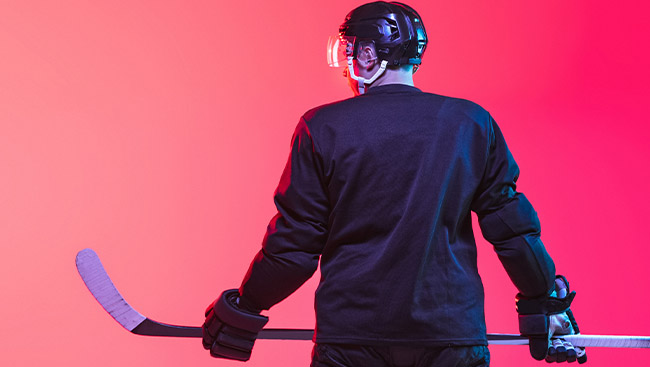
Speaking from the other side, Kinesiology student, Kanwartaj Gill, extracts from his experience as a former player of the BC Tigers Soccer Club, and as a current trainer for the UBC Girls Software Team, “A coach needs to understand that an athlete joins sports at a young age to have fun and form social connections, which all elicit a positive impact on mental health. Violation of these objectives leads to disinterest in playing sports, which has shown to have negative consequences on mental health in young individuals.”
Gill emphasizes that athletes are more likely to be faced with mental health issues due to overtraining, mental impact of injuries, time demands, and self-expectations, complemented by expectations of parents and coaches. Furthermore, research has shown that athletes are less likely to adopt a positive athlete towards seeking mental health support due to their esteemed athletic identity and masculinity ideals.
Undoubtedly, the unhealthy romanticization of masculinity and integration of misogyny is heavily prevalent in sports culture, with “locker room talk” that dehumanizes and objectifies women and femininity. That isn’t to say that males are not subject to any wrongdoings. In fact, Dr. Kang, Psychiatrist and Founder of Dolphin Kids Counseling, reveals that 1 in 2 girls, and 1 in 4 boys undergo sexual abuse. However, there is collective denial about the issue. The abuse is frequently done by an authority figure known to the child. As such, parents need to meet assistant coaches, be present, check in, and proactively ask how things are going.
Law Enforcement Detective and CEO of KidsPlay Foundation, Kal Dosanjh, explains that parents sometimes only see the broader issues from a bird’s-eye perspective, unaware of more intricate problems. Therefore, parents may think that they are involved, but they are not in the know. “Lots of times, I see parents using sports clubs as babysitting clubs. Do you really believe that your child will come home and share? This is especially an issue in the South Asian community, where we don’t have open lines of communication and parents are seen as authoritarian figures.”, thought-provokingly suggests Dosanjh. He urges parents and children to build rapport with each other, on a bedrock of trust, encouragement, love, and support, enabled by quality family time spent together.
Of course, this does not free coaches of their responsibilities. Coaches and trainers must understand that they are important role-models and parental figures for youth. Beyond athletic training, coaches must teach youth about real life skills, sportsmanship, professionalism, and proper etiquette, including respect. Founder and President of KidsPlay, Kiran Toor, believes that the onus falls onto the larger community as well, “It is extremely important that we all come to strategize solutions. Education is key and everything starts at home. Not only do we need to educate parents and guardians, but we are also constantly getting large flows of immigrants, who we should both welcome and educate. Most importantly, we need to hear from those who have firsthand experienced such issues.”
Although giving victims a voice is vital, such topics are taboo in our communities and there is much work to be done in regard to creating a safe space for impacted individuals to speak up and seek help. According to Dr. Kang, no matter how minor an experience may seem, any abuse can have a lasting impact and can be traumatic, more so if there has been a breach of trust. For example, in sports, we are not expecting people we entrust to betray our faith. Dr. Kang recommends, “If you have experienced abuse, the bare minimum would be a conversation with a professional – be it a family doctor, counselor, or psychologist. The goal is just to screen for symptoms like anxiety, lack of sleep, or depression. This can effectively help manage some of the more long-term implications.” Timely healing should be prioritized to avoid further damage.
SportMedBC’s Executive Director, Robert Joncas, also shines light on resources for youth and children. He points out that the BC Helpline for Children, VictimLinkBC, and ResilienceBC are good resources to tap into. “Anytime that a child is in doubt, or anytime that a child believes that he or she has been abused or neglected, this might mean that they need help. As leaders, we need to inform and educate children about what they deserve as treatment, and about their rights.”, details Joncas.
While being aware of available resources is crucial, the solution does not lie in building distrust or resentment against sports organizations. It must be recognized that sports are woven into our cultural fabric and contribute immensely to our communities. Sports teams are instrumental to developing useful life skills and fostering connections. Registered Massage Therapist, Ustat Chhabra, plays with BC Tigers Liverpool, as part of the Vancouver Metro Soccer League. He highlights, “Mental health is important for young athletes. Organized sports are an effective way of relieving stress, having fun, and keeping youth away from risky activities that can put them in danger.”
Recognizing the positive benefits of sports organizations and proactively building resources to address issues, both go hand in hand for creating a safe atmosphere for youth. Conversations need to be had in the public sphere, rather than dismissing such topics out of shame or hesitation. At home, proactively involved parents need to create collaborative and welcoming spaces, while coaches also must uphold their responsibilities to mentor young athletes.
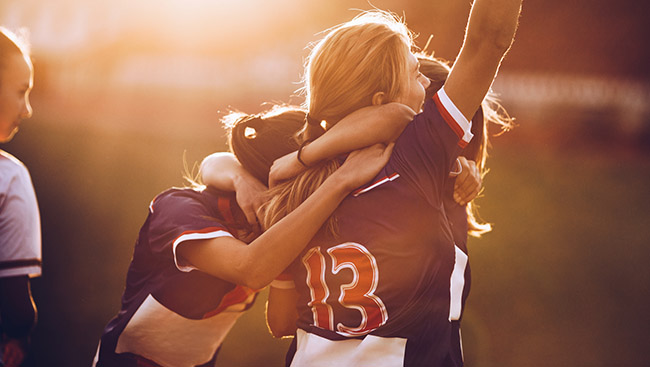
By creating such a powerful network of support, youth will be empowered to reach their full potential and thrive in an environment that builds champions!


